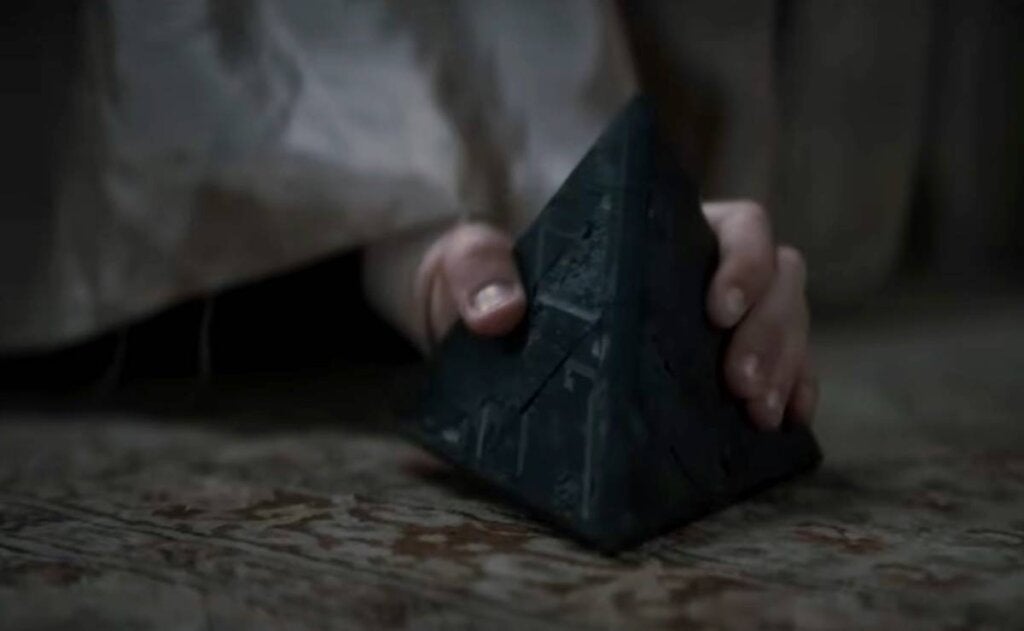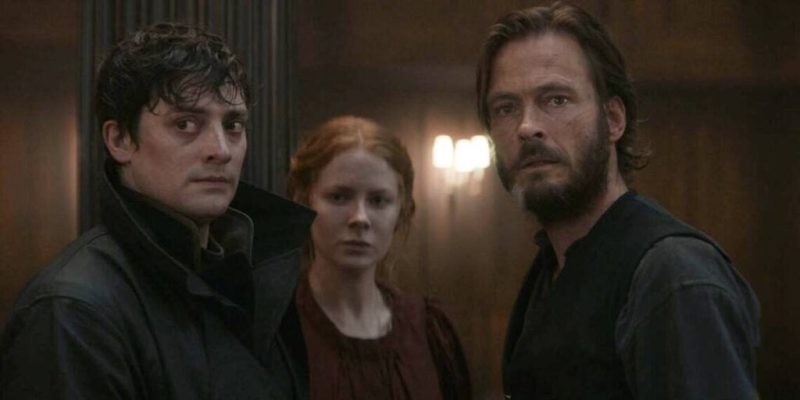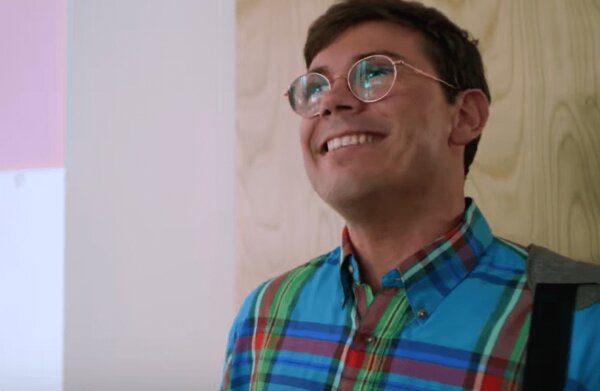Some tv shows allow the viewer to let themselves go. They’re pure entertainment and nothing more. On the other hand, there are the kinds that require real cognitive effort. They’re like dark puzzles with many loose and jumbled-up pieces. Such shows are the kinds made by the writer-producers Jantje Friese and Baran bo Odar.
1899 is the new production from these two creators of the series, Dark. On this occasion, we move away from Winden and embark on a mysterious journey aboard the Kerberos, a ship that sailed the Atlantic in the last year of the 19th century.
It should be noted that the criticisms regarding this new Netflix series have been varied and disparate. For instance, some called it excessively slow and convoluted. Others hailed it as a product of pure genius.
Those who’ve not yet climbed aboard this cosmic and psychological enigma might first view it like someone looking at a painting with their nose glued to the canvas. In effect, they’ll only appreciate a small part, somewhat diffuse and even chaotic. However, it’s only when they zoom out a bit and take a closer perspective, they’ll discover the beauty of the painting in its entirety.
Indeed, this first season has allowed us to glimpse only a piece, a small fragment of a story that looks to be both immense and prodigious. One that transcends the apparent and addresses the meaning of existence and human consciousness.
“The Brain – is wider than the Sky –
For – put them side by side –
The one the other will contain,
With ease – and you – besideThe Brain is deeper than the sea –
For – hold them- Blue to Blue –
The one the other will absorb –
As sponges – Buckets – do.”-Emily Dickinson-
1899, a voyage aboard the human microcosm
The journey of the Kerberos toward the United States presents us with a complex series of characters. In fact, we could say that the ship itself is an entire continent within a microcosm. There are travelers of multiple nationalities. Among others, are a newly married French couple, a priest and his haughty brother, and a Chinese mother and daughter.
The boiler room is inhabited by Polish and English employees. The lower deck is full of extremely humble Danish immigrants, devotees of their faith. In the midst of this network of personalities, Eyk the melancholic captain is a character that stands out. The most important is Maura Franklin, a young neurologist who forms the epicenter of the story.
In every episode, as in Lost, we learn about the dark past of each of the characters. However, as the series progresses we realize that each person aboard the Kerberos exists more as a possibility than an objective reality. All the pieces begin to collapse when they meet the Prometheus, its sister ship, lost at sea a few months ago.
One of the biggest attractions of 1899 is the mix of languages of the characters. The ship is like a continent of nationalities forced to unite with each other to solve the enigma surrounding them.
Diving into the depths
One fact that’s instantly recognizable is that the Kerberos is a ship that houses rather unusual technology for the time. Also, the travelers, despite not speaking the same language and being of different nationalities, seem to recognize each other. There’s also a repeated element, a decorative figure of an inverted triangle.
The encounter with the Prometheus and its only survivor, a boy holding a dark pyramid, completely shatters the balance of the travelers and the crew. Unexplained deaths and suicides begin. Gradually and almost rhythmically, a succession of disconcerting phenomena is unleashed. They lead to the fragmentation of every element, both human and material.
Faced with such a disaster, fears and uncertainties arise, and the ship’s hierarchy collapses. A riot breaks out and that’s when the survivors realize that, despite being on a ship in the middle of nowhere, they all seem to be escaping from themselves. From the people they are. Then, a storm hits the boat, and reality is distorted even more.
The layers of memory and the allegory of the human brain
Dr. Maura Franklin seems to be the guiding thread of everything that happens in Kerberos. Everyone longs for her to offer answers to what’s happening, but she’s unable to offer them. In fact, she’s lost her memory and is the victim of a dissociative disorder. There’s something traumatic in her past, something dark that’s slipped out of her consciousness and is altering her identity and perception of time.
The ship they’re traveling on is a project that keeps the minds of the passengers trapped in a story, in a mysterious simulation. However, figures like Maura herself and Captain Eyk have the possibility of descending into their own layers of memory to search for the origin of the chaos. They do it through hidden trapdoors under the headboards of their beds.
Another fascinating fact is that the entire boat is covered by dense wiring. Like neurons, they connect with each other so that the perception of that reality doesn’t fade. Only one strange character, who claims to know Maura, makes an effort to stimulate the sleeping brain and wake it up.
1899 is a brilliant intelligence game in which information is consciously hidden so that we make our own assumptions. These can be infinite, like the number of simulations that the Kerberos passengers have experienced .

An endless cycle and an enigmatic awakening
The first thing we assume about 1899 is that we’re dealing with a type of inexplicable scientific aberration. Passengers are forced to live repeatedly in an infinite loop, one in which they die and restart the same journey in the Kerberos infinite times. Nobody emerges from the strata of their memory and Maura seems unable to get in touch with the origin of her pain and psychological trauma.
Only at the last moment does she seem to find the key with which to unlock her consciousness. This awakening couldn’t be more enigmatic. Indeed, at the end of the last episode, we find ourselves assailed by more questions than answers. Because 1899 is a riddle, wrapped in a mystery, within an enigma.
Productions like this require great patience and reflection on the viewer’s part. You certainly can’t watch it with one eye on your cell phone. As with Dark, the answers will come in due time. But first, you’ll have to travel through a disturbing stratum of space-time with characters who are never what they seem.
The post 1899: A Journey into the Depths of the Human Mind appeared first on Exploring your mind.



















Comments